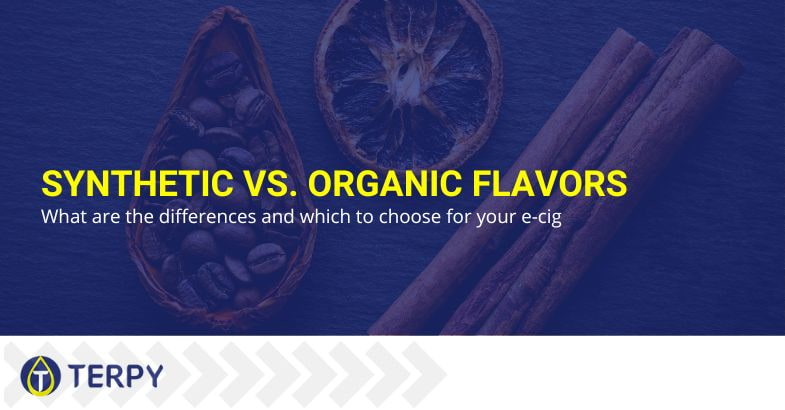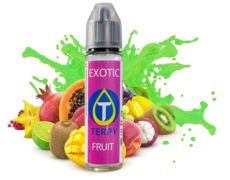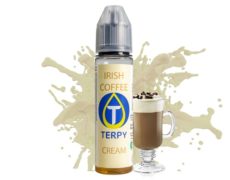Modified on: 27/05/2024
Synthetic flavours or organic flavours? That is the dilemma 🤔
If you have decided to open this article, it means that you are part of that group of indecisive people who are undecided about the type of e-liquid flavors best suited for their vaping experience.
Indeed, there is quite a difference between synthetic and organic flavors, and your choice can influence several factors, such as performance and maintenance.
But which is the best product?
To answer the question, in this article we will take a closer look at this, focusing on the main characteristics of synthetic and organic flavors.


The substantial difference between organic and synthetic flavors
When we talk about organic flavorings, we mean those flavors that are obtained by extraction from natural ingredients. For example, strawberry flavor is obtained by macerating strawberries.
If we want to be precise, the term ‘organic’ would not really be correct, because it would mean extracting the substances from living organisms. However, the term has come to mean ‘natural’ within the vaper’s vocabulary and is in current use.
On the other hand, synthetic flavors are created from molecules not present in natural substances.
Let me explain.
It is a common misconception that these flavors are created synthetically in the laboratory, and are therefore qualitatively inferior to organic ones, because they are not natural.
This may sound like a paradox, but the point is that both are made from natural ingredients.
So, what is the difference?
Quite simply, to create synthetic flavors, substances are chosen and not extracted.
But what does that mean?
It means that natural ingredients that reproduce a certain flavor are selected. To give an example, it is like when food companies use cochineal to extract the typical coloring of red fruit juice or red fruit yoghurt.
Thus, these flavorings are made with the aim of reproducing faithfully the taste and smell sensations of a particular substance.
Read also: Do electronic cigarette lithium batteries have memory?
Synthetic versus organic flavors: what changes when vaping?
At this point you’re probably wondering what changes in the vaping experience, right?
Let’s say that, on the one hand, organic flavors are heavier on the coil: as they have different impurities, the cotton is more likely to burn earlier than expected and you therefore have to take care of resistance maintenance a little more often.
On the other hand, these flavors guarantee a better aromatic performance.
In contrast, synthetic flavors have a lower yield, but are not particularly aggressive on the heating element.
In fact, these leave little residue during vaping, which translates into less maintenance, more speed and ease of use.
It goes without saying that this would be the most suitable choice for novice vapers.


Guide to choosing the best flavor
To the question “What is the best e-liquid flavor for your vape liquids?” the answer is: it depends.
Earlier we saw what the main advantages and disadvantages of one and the other type are, so let’s start here to give a more complete answer.
Let’s say that it is preferable to opt for synthetic flavors because, as we said before, they are low maintenance.
In this case, the offer is mainly aimed at vapers who are just starting out in the world of vaping and need to gain experience.
In this regard, you can find a wide range of e-liquid vape flavors on Terpy‘s site, including:
The alternative is to opt for electronic cigarettes with regenerable resistance, i.e. an atomizer that does not use cartridges, but holes in which the coil is locked according to the consumer’s preference.
Read also: How flavor extraction from tobacco works and why beginners should avoid it
Conclusion
In this article, we have compared synthetic and organic flavorings, highlighting the strengths and disadvantages of each.
As you will have seen, the difference between the two lies mainly in the way they are made, but the substances used are always natural.
Having said this, the choice of one or the other type depends on the habits and needs of the vaper: let us reiterate, synthetic flavors do not guarantee the same yield as organic ones, but continuous maintenance is not required.
On the contrary, the use of organic flavors will cause the resistance cotton to wear out faster, requiring constant changing.
So if you are looking for quality products, visit Terpy’s website and discover all the novelties, including the best vape flavorings.
We look forward to seeing you on Terpy, see you soon!





